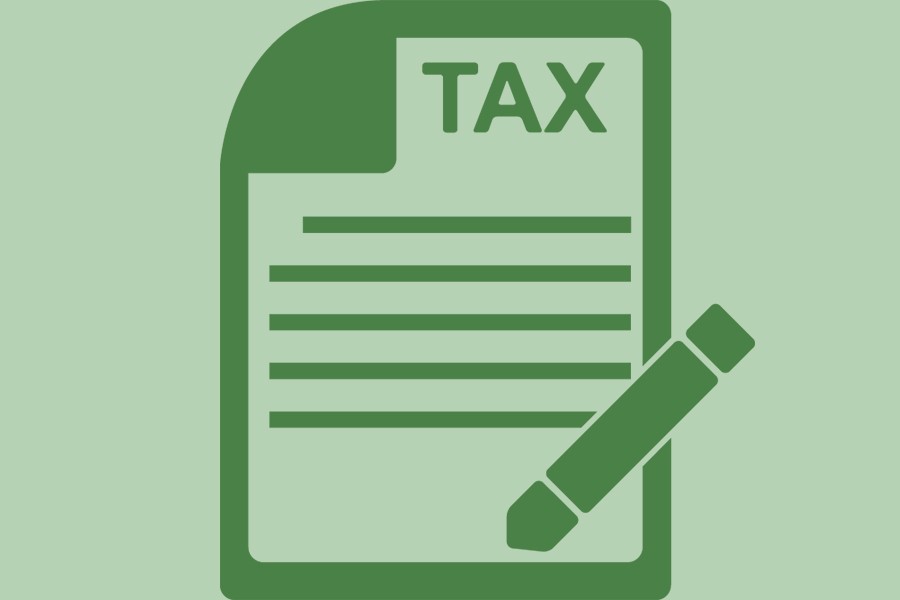The independent think-tank Policy Research Institute (PRI) has suggested that the government should drastically reduce corporate income tax to help achieve a higher growth path. It said, it will be better to bring down corporate income tax from the present 35 per cent to 25 per cent on an average.
Bangladesh has not yet introduced uniform tax rates for the business. Different corporate tax rates on various types of businesses, which range between 25 per cent and 45 per cent, are levied. It is also found that the policymakers sometimes raise the tax rates instead of bringing the same down. For example, when the largest mobile phone operator the GrameenPhone (GP) went public in 2009 by selling IPO to the investors, the corporate income tax for this company was 35 per cent while that for other non-listed mobile telephone companies was 45 per cent giving the GP a 10 per cent tax benefit for listing with the bourse. But three years later, the tax authority raised the same to 40 per cent for the GP, allowing only 5.0 per cent tax benefit for the company. What was the logic behind such a decision? Possibly the tax authorities thought that raising tax rate would give them more revenue - the higher the tax rates, the higher will be the revenue. But this kind of argument proved to be wrong long ago. The reverse has, instead, proved to be true. That is, the lower the tax rate, the more business will be there and the government will receive more revenues.
Bangladesh has quite a few number of corporate income tax rates--one rate for banking and insurance companies, another for tobacco companies, another for mobile telephone companies, another for other listed companies and yet another for non-listed companies. There are different rates even for the publicly traded or the listed companies. For example, listed banking companies are to pay 40 per cent of net profit as corporate income tax, while the non-listed banks are to pay 42.5 per cent as the same tax. Listed mobile phone companies are to pay 40 per cent while the non-listed ones 45 per cent. Listed or non-listed cigarette companies are to pay the same rate at 45 per cent which is the maximum corporate income tax rate in the country. The other types of companies, if listed, are to pay 25 per cent and if non-listed, 35 per cent as the corporate income tax on their net profits.
Thus, there is a multiplicity of corporate tax rates in Bangladesh, which are higher in rates compared with the same of other countries. When other countries, both advanced and developing, drastically reduced or are contemplating to lower corporate tax rates, Bangladesh's policymakers are apparently sitting idle on the issue. However, the Finance Minister himself admits that the corporate income tax is high in Bangladesh, but he does not do anything when time comes to act in this regard.
High corporate income tax acts as a discouraging factor for investment in the economy in a number of ways. First, it reduces the net distributable income for equity holders whose income goes more for investment than for consumption. Secondly, high corporate income tax prods the owners of business to hide the real net profit of the business; thirdly, high corporate rates also drive the owners of business to take shelter behind extravagant expenditures in order to show less income.
More harmful is the fact that many businesses, specially the multinational ones, send income from the high-tax countries like Bangladesh to low-tax ones wherefrom the foreign shareholders draw high dividend incomes. Many multinational companies deduct unwanted expenditures in order to show lower net incomes in countries where tax rates are high. Bangladesh's policymakers never thought of the issue of transfer pricing by the multinationals seriously.
The owners of business houses are also not vocal when the question of high corporate income tax rate comes. Why? May be, because, many of them evade tax payment either by hiding the real income, or by using the umbrella of tax holiday. It is an irony that chamber leaders also are not vocal on this issue.
A silent tax war is going on among countries of the world. These are competitively lowering tax for business's profit to remain competitive globally, as well as, for keeping capital at home. Will not Bangladesh look at changes that are taking place in the tax regime around the world?
The writer is Professor of Economics at the University of Dhaka.


